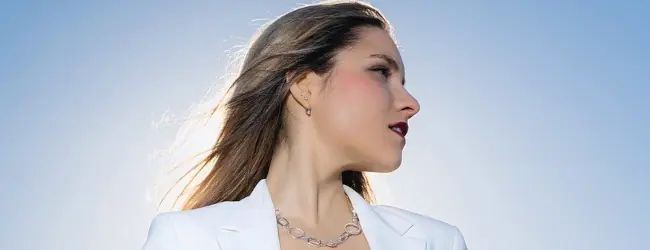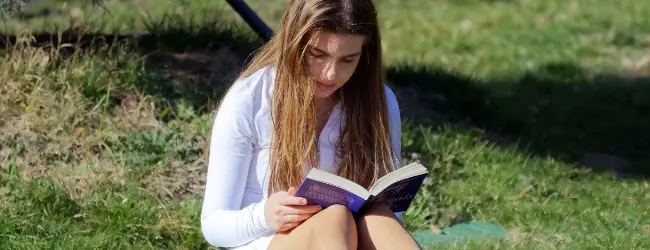Recently, I have been enjoying a logical life. It is fresh and surprising. It allowed me to resolve the life problems I have been struggling with for a long time. It smoothly answers questions that empathy cannot.
Today, I will explain what rationality is and how to be more rational.
How to be more rational
Sometimes, we want to be more rational. It gives us reasonable answers to our problems.
A typical example of the benefit that rationality brings us is curiosity. It breaks down difficult things into effortless parts. That eliminates hardships and allows us to improve our lives continuously.
A typical example of a benefit is curiosity. It breaks down difficult things into effortless parts. That eliminates hardships and allows us to improve our lives continuously.

In other words, rationality can give empathy calm and peaceful imagination. The harmony of rationality and empathy brings us a bright mind.
That is why we want to be more rational.
However, we sometimes don’t know how to become more rational.
To make it happen, I will explain rationality today. This perspective might allow you to enjoy a rational life.
What is rationality?
Rationality is a part of logical sense. Rationality, logic, and curiosity are deeply connected with each other. Logic means causality, which is the influential relationship of things. Rationality is a strategy to solve our problems logically. Curiosity is the sensation we gain as a result.
Rationality means looking more upstream.
To make it easier to understand, let’s look at an example of a river.

Suppose we live next to a river and have a problem with it. The river often overflows, so we want to take some measures.
Usually, we try to solve the problem in our current location. We might think of reinforcing the riverbank and strengthening our house. They are direct and easy to understand.
Looking more upstream
On the other hand, rationality makes us look more upstream and want to understand the entire system of the river.
We think about what kind of river this one is and how flooding occurs. We don’t know about them. Awareness of the upstream interests us. We recognize we are part of a bigger system and are ignorant of it.
If we understand the whole system, we can deal with our problems fundamentally. We don’t need to worry about the same troubles every rainy season.

That motivates us. There is enough reward to start. In addition, there is little risk in knowing. This is why curiosity breaks down difficult things into effortless parts.
We start to learn about the mechanism of the river.
That gives us more efficient solutions. We might find that there are more reasonable places to live. We could change the flow upstream with less effort. We might be able to predict when the flood occurs.
Even if we try to reinforce the riverbank, we consider the ‘upstream’ of the reinforcement. We try to identify what affects its robustness. If we find it, we can create a new riverbank effortlessly. That stimulates our curiosity.
The state of being rational
That tells us several points.
- When we are rational, we are interested in the bigger system that surrounds us. We focus on the chain of influence.
- Rationality is the habit of looking upstream, not preparation or planning skills.
- Rationality is the habit of confirmation from the big picture. It takes away from concentration. It doesn’t make us focus on one thing.

First, when we are rational, we tend to want to know about the world. It includes the mechanism of our inner minds.
That is why unknowing becomes fun. In other words, the desire for knowledge comes first, and individual skills follow. We are not looking for skills directly. That is the state of curiosity.
Second, rationality is the habit of looking upstream, not preparation or planning skills. It means that chess and programming will not develop our rationality.
Getting out of an obsession
Finally, some might suspect that if we are too curious, we get too obsessed with one thing and ruin our lives.
However, it was wrong. On the contrary, curiosity takes away from our concentration.
Rationality is the habit of confirmation from the big picture. We frequently shift our focus away from our current task and objectively check our condition. That makes us aware of changes and allows for modification.

It means focusing too much on one thing is neither rational nor curiosity. It would be a compensatory activity—an escape from something stressful.
Curiosity is a healthy activity in terms of logical life. Although it limits empathy, it benefits us enough when we want change.
Conclusion
That is what rationality is and how to be more rational.
We look more upstream. It makes us want to understand the entire system. That stimulates our curiosity.
This perspective might allow you to enjoy a rational life.
Thank you for reading this article. I hope to see you in the next one.


